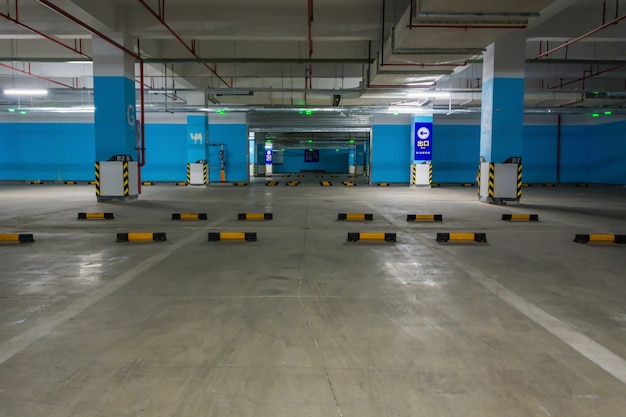Many businesses often grapple with shipping inefficiencies, but these issues hit smaller companies entering the market the hardest. Let’s dive into some common transportation challenges startups face and explore strategies to tackle them.
High Shipping Costs for Small Businesses
Rising costs can threaten a business’s growth and sustainability, influenced by factors like the increasing demand for fast delivery, higher fuel prices, and labor costs. A small increase in prices can hurt profits. Logistics companies must offer more affordable shipping options for small businesses.
Limited Resources
Good inventory management is key to a successful business. Balancing consumer demand with the right supply is crucial for smooth operations. Some barriers include not having enough staff and lacking modern equipment, which can slow down shipping and cause delays.
Lack of Automated Systems
For small businesses, shipping automation means using software and technology to streamline operations, boost efficiency, and cut down on errors. Without automation, it can be tough to scale up if you’re still handling orders and customer queries manually.
Transportation Resources
Small business owners might struggle to access reliable transportation services. This can mean their current provider doesn’t fully meet their needs. Comprehensive shipping services should include managing inventory, warehousing, handling orders, labeling, and delivering goods efficiently.
Damaged or Delayed Shipments
Issues like damaged or lost goods can disrupt the supply chain. Delays and damages often result from traffic, bad weather, or inefficiencies within the logistics provider’s operations, such as poor route planning or item misplacement, which can lead to unhappy customers.
Incorrect Shipping Details
Mistakes in shipping information, like wrong contact numbers or addresses, can cause delivery delays.
Limited Shipping Locations
Some areas are tough to access, which can be problematic if your target customers live there. You might need to reconsider who your audience is in these cases.
Solutions to Minimize Shipping Inconveniences
As a small business owner, adapting to challenges and unexpected events is crucial. Here’s how to lessen their impact:
Talk to Your Logistics Provider
Keeping open lines of communication with your logistics partner helps you stay informed about potential issues that could affect your deliveries. A good provider will offer innovative solutions to meet your needs.
Automate Processes
Regardless of business size, automation helps. If manual tasks are causing problems, consider automated software for order tracking, invoicing, inventory management, and real-time shipping updates to streamline shipping processes.
Offer Free Shipping
While free shipping is a popular perk, it might be costly for small businesses. However, requiring customers to spend a minimum amount for free shipping might offset those costs and boost sales.
Leverage Technology
Use modern technology and software to keep your shipping operations efficient. These tools can help optimize packaging and shipping solutions, like using address verification systems to prevent incorrect deliveries.
Implement an Efficient Returns Management
A hassle-free returns policy is key to a good customer experience. Make sure your return process is straightforward and well-publicized, with solutions that customers can easily follow. Allow transparency so they can track the status of their requests.
Take Action Today
Small businesses face various shipping cost issues that can hamper operations. Focusing on technological upgrades and maintaining clear communication with your transport services can help ensure customer satisfaction remains high.



